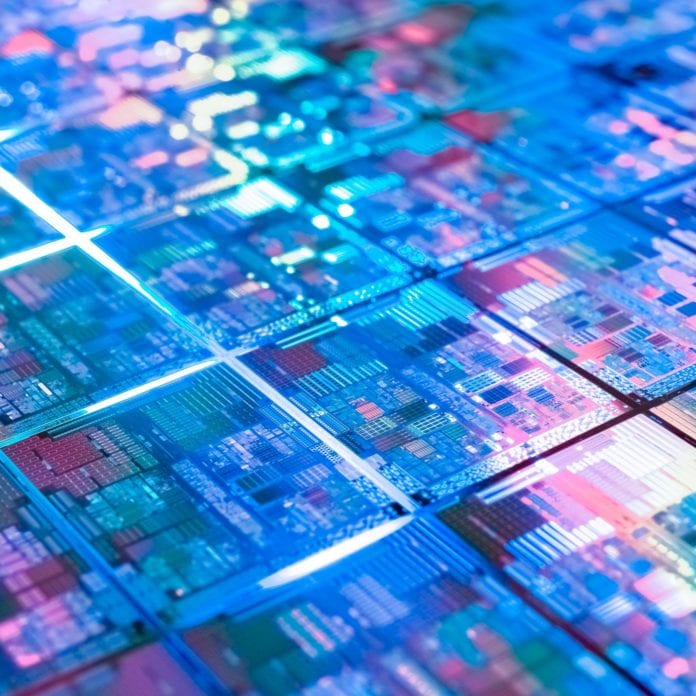European semiconductor makers said they would still keep on supplying to Chinese vendor Huawei Technologies, following an export ban implemented by the U.S. government last week, according to a report by Bloomberg.
A spokesman for German firm Infineon Technologies AG – one of Europe’s largest chipmakers – said the majority of products it delivers to Huawei are not subject to recent restrictions imposed by U.S. authorities.
The spokesperson also said that the the chipmaker is in a position to “make adaptions in our international supply chain.”
A previous report by Nikkei Asian Review had said that Infineon has suspended the supply of chips to Huawei.
Austria-based AMS AG also said that it had not suspended shipments to Huawei, according to Bloomberg‘s report.
Huawei accounts for 1.3% of Infineon’s sales, and 3.7% of AMS’s revenue, according to the report.
The Trump administration on Friday confirmed that the U.S. Department of Commerce had added Chinese vendor Huawei to its so-called “Entity List”, a decision that effectively banned the company from buying parts and components from U.S. companies without government approval.
Under the order, Huawei will need a U.S. government license to buy components from American suppliers. The DoC said that a license may be denied if the sale or transfer would harm U.S. national security or foreign policy interests.
Following this order, U.S. chipmakers including Intel, Qualcomm, Xilinx and Broadcom have told their employees they will not supply Huawei until further notice.
Also, Google has suspended the transfer of hardware, software and technical services to Huawewi as a consequence of the ban. The U.S. giant said that it will only continue offering those services publicly available via open source licensing.
Huawei seems to have been taking actions to be prepared for this scenario and mitigate the negative effects of the ban.
Huawei’s preparations started more than six months ago and were not limited to chips but also to passive components and optical parts, the Nikkei Asian Review reported, citing sources familiar with the matter.
For some components that are subject to higher risks of export controls, the Chinese vendor has stockpiled six months’ to more than a year’s worth of supply. In less critical components, Huawei has a stock for at least three months, the sources said.
The report also highlighted that Huawei started at the beginning of this year to certify more suppliers of chips, optical components, camera-related technologies and other parts in countries outside the U.S.
“Previously, Huawei would only use the world’s top one or two suppliers for electronic components, but this year it assigned the team to extend the reach to three to four suppliers for each component,” said a source with direct knowledge of the plan. “The most important goal is to avoid the worst case that Huawei’s products in smartphone, servers, and telecom equipment could not be delivered because of a U.S. ban or other trade war uncertainties,” the source said.

